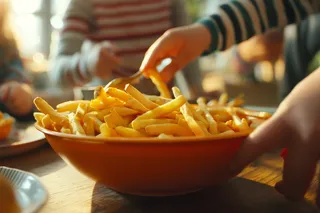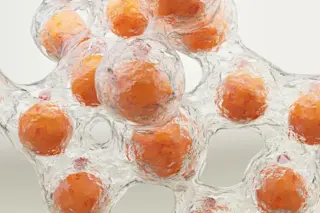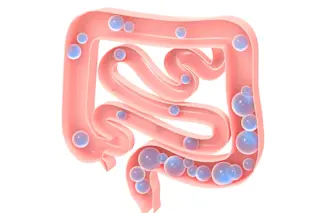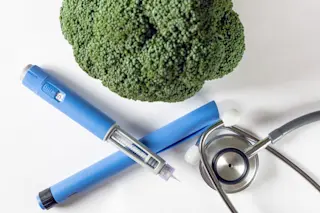It's no secret that having lunch messes with your biochemistry. Once that sandwich hits your stomach, genes related to digestion have been activated and are causing the production of the many molecules that help break food down. But a new study suggests that the connection between your food's biochemistry and your own may be more intimate than we thought. Tiny RNAs usually found in plants have been discovered circulating in blood, and animal studies indicate that they are directly manipulating the expression of genes.
MicroRNAs, or miRNAs, are molecules involved in regulation of gene expression, the transcription of genes into proteins. miRNAs bind to the messenger RNAs that ferry genetic information from DNA to the ribosomes, which translate messenger RNAs into proteins.
When a miRNA binds a messenger RNA, it keeps it from being translated, thus preventing that gene from being expressed.
This team of researchers at Nanjing University had ...













